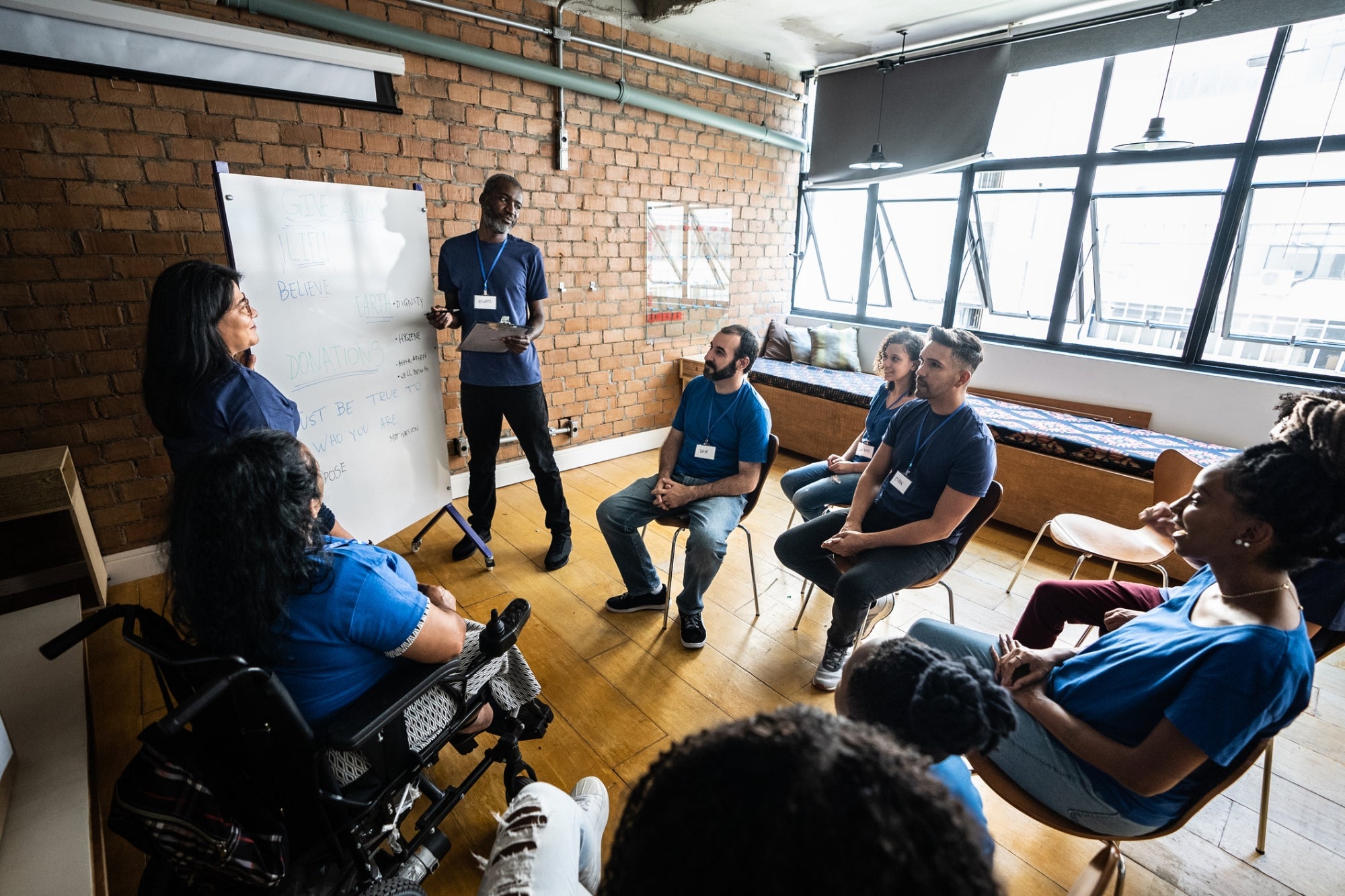Companies Are Deprioritizing DEI. Why They Shouldn’t and How to Recommit.

Opinions expressed by Entrepreneur contributors are their own.
Just because the naysayers have been amplified doesn’t mean DEI (diversity, equity and inclusion) is dead or should be abandoned. In fact, now is the time to turn up the volume on what’s been going well in our DEI efforts.
In 2022, 81% of companies polled reported that having DEI initiatives was beneficial to their organizations. The same survey showed 94% of the companies were investing more in mental health resources, 70% were improving equity in parental leave, and 48% had at least one employee resource group (ERG) often centered on racial, ethnic and gender minorities.
How did all of the progress we made in 2022 become deprioritized in 2023? Shifting public opinion on DEI and a larger discussion on whether DEI is bringing people closer together or further apart. For DEI professionals, executives and everyone in between, consider recommitting to DEI and transforming the narrative from a story of division to a story of inclusion.
If you or those in your business are losing stamina in your DEI efforts, here’s how to recommit to the work and continue making strides.
Related: Supreme Court Rules Against Affirmative Action at Harvard and UNC
Understand that DEI is not a trend
After the murder of George Floyd in 2020, it seemed like the business world had a fire lit underneath it. The drive and energy to promote DEI at all levels of the organization was a priority that couldn’t wait. Now, the fire has fizzled and the commitment to equity in the workplace seems to have faded into a trend. If business owners have lost the fire for DEI that was ignited within them in 2020, it’s worth exploring why.
In this work, there is no “season” for equity and inclusion. If we’re truly committed, we don’t fluctuate between wanting to improve diversity and belonging and taking a year off when it no longer feels relevant. Cultivating DEI is a long-game strategy that helps businesses navigate changes in their company culture and employee makeup — whether it’s a good or bad year. It takes consistent action even when no one else is watching.
Let’s reignite that fire and bring DEI back onto the priority list.
Dig deep into your DEI ‘why’
Why did your company start working on DEI in the first place? Was it sparked by an individual or group needing more support or belonging? Were stakeholders interested in the company’s DEI efforts and seeking proof of action? Was the CEO of the company driving the changes in order to cultivate long-lasting diversity and inclusion in the workplace?
It’s important to be mindful of your company’s original intent and rationale. Take stock of all the progress the company has made so far and where the next steps were heading. Re-engage with those who originally proposed DEI projects and initiatives, and start conversations about how those ideas can be reimagined or reignited.
Discuss as a company how DEI can be revived in 2023 and beyond to set your company up for success. Don’t let progress sit in a drawer next to last year’s tax filings. Reignite the “why” and recommit to the journey of DEI — for those in the company who need it now and for those who have yet to arrive.
Related: 4 Ways Inclusive Leaders Can Respond to the Weaponizing of DEI
Get creative and dream bigger on your DEI initiatives
While 2020 felt like DEI crisis mode, maybe 2023 and 2024 can inspire DEI initiatives that are forward-thinking and proactive. Innovation and creativity don’t happen in a vacuum. They require leaders and changemakers to listen to their staff and dedicate time to creating solutions.
How can the to-do list of the past be reimagined for the future?
What new initiatives can support a more diverse workforce and meet anticipated company needs?
In economic terms, when there’s a financial downturn or a pressing revenue issue in the company, people roll up their sleeves and figure it out. Even if they have no idea what they’re doing, the commitment to move past barriers and find solutions drives them toward progress.
Unfortunately, I don’t see the same commitment when it comes to DEI. Whenever there’s a crisis in the company — mass layoffs, financial decline, company culture change — executives and others put their heads down and get to work on solutions. So why not create that same level of urgency with DEI? Now is the time to do so.
Related: Here’s How to Have the Most Powerful DEI Conversations
DEI 2.0
When companies have thrown in the towel and completely given up on their DEI initiatives after public support has softened, how do we reignite the fire to stay committed to DEI?
Simple: We remember this is a marathon, not a sprint, and we get right back on track.
We need to cultivate DEI 2.0. Initiatives and strategies that don’t simply react to issues as they occur but are proactively preventing DEI disasters in the future. Let’s think about how we can evolve the current state of the workplace and set the foundation for inclusion, diversity and belonging in the long run.
For those restarting these conversations, my advice is to not be afraid to go there — to the heart of the DEI fatigue, to the waning of commitment to inclusion, and to the deprioritization of the work.
Offer your time and energy to come up with creative solutions that will guide your organization into the future. Be the voice of change that those who have let go of DEI need to hear. With renewed focus and commitment, we can continue to advance DEI in the workplace — even when segments of society declare that it’s not a priority.
https://www.entrepreneur.com/growing-a-business/companies-are-deprioritizing-dei-why-they-shouldnt-and/457413